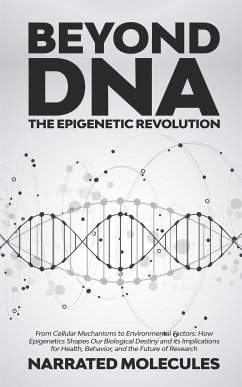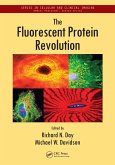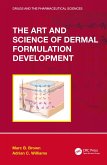In the work "Beyond DNA: The Epigenetic Revolution," we delve into the mysterious and intriguing world of epigenetics, the scientific field that explores how the environment and individual experiences influence the function of our genes without altering their sequence.
The book opens a window into the cell, meticulously exploring the molecular mechanisms that govern gene activation and silencing. We discover that our DNA is not a fixed destiny but a dynamic and mutable canvas, influenced by factors such as diet, stress, relationships, and even exposure to chemicals in the environment.
The author delves into the latest research and discoveries that link epigenetics to diseases like cancer, neurological disorders, and heart diseases. It also explores the epigenetic implications behind behaviors and tendencies, demonstrating how the experiences of past generations can affect present and future generations.
In addition to the biological mechanisms, the book examines how epigenetics is revolutionizing our approach to medical research, offering new perspectives on personalized treatments and preventive strategies. It debates the importance of balancing genetics and epigenetics, and how the harmony between these two worlds may hold the key to optimal health.
The "Epigenetic Revolution" not only unveils the mysteries of the biology underlying our existence but also raises ethical and philosophical questions about our place in nature and the boundless potential of human life. An essential work for anyone fascinated by science, medicine, and the profound nature of human beings.
The book opens a window into the cell, meticulously exploring the molecular mechanisms that govern gene activation and silencing. We discover that our DNA is not a fixed destiny but a dynamic and mutable canvas, influenced by factors such as diet, stress, relationships, and even exposure to chemicals in the environment.
The author delves into the latest research and discoveries that link epigenetics to diseases like cancer, neurological disorders, and heart diseases. It also explores the epigenetic implications behind behaviors and tendencies, demonstrating how the experiences of past generations can affect present and future generations.
In addition to the biological mechanisms, the book examines how epigenetics is revolutionizing our approach to medical research, offering new perspectives on personalized treatments and preventive strategies. It debates the importance of balancing genetics and epigenetics, and how the harmony between these two worlds may hold the key to optimal health.
The "Epigenetic Revolution" not only unveils the mysteries of the biology underlying our existence but also raises ethical and philosophical questions about our place in nature and the boundless potential of human life. An essential work for anyone fascinated by science, medicine, and the profound nature of human beings.









